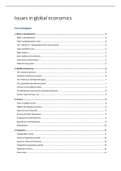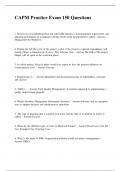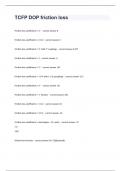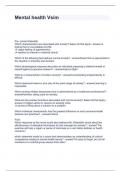Summary
Summary Issues in global economics (UA: Guido Erreygers)
- Course
- Institution
- Book
My document is a summary of the in class lessons and the textbook. It is written in English, so it could also be convenient for Erasmus students. Good luck!
[Show more]







